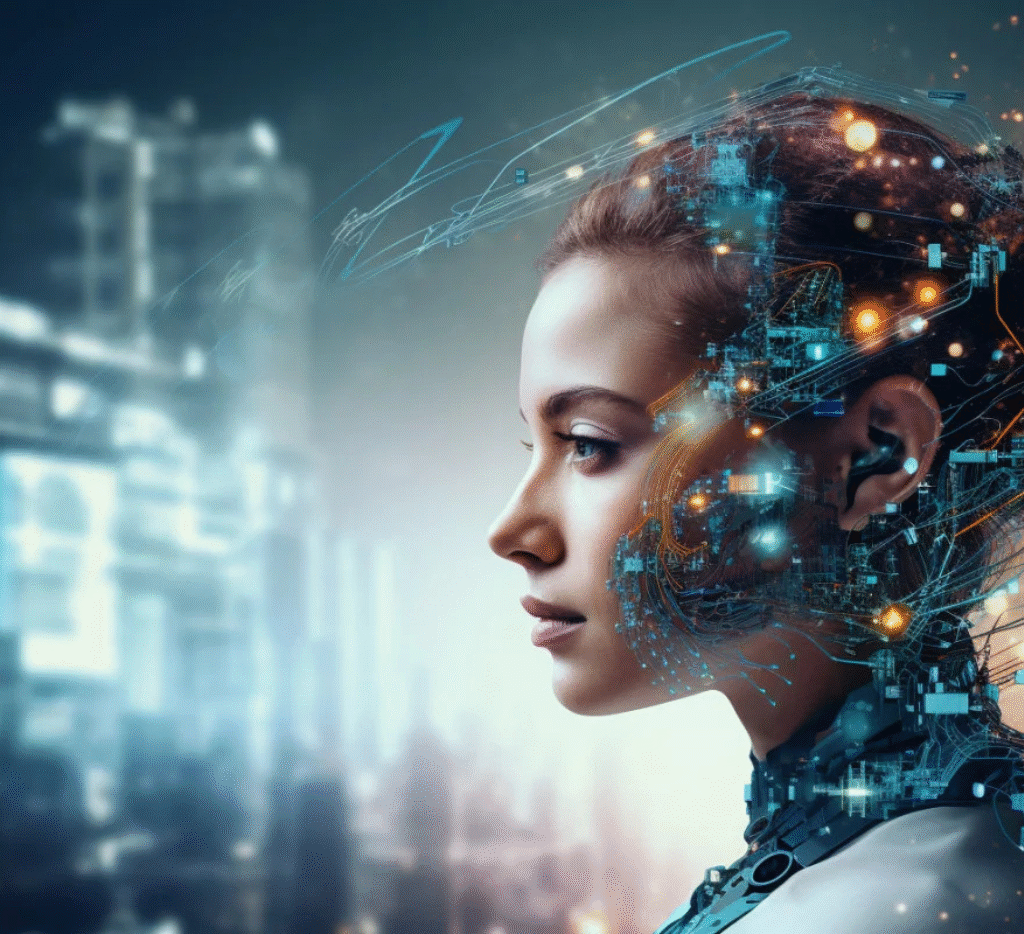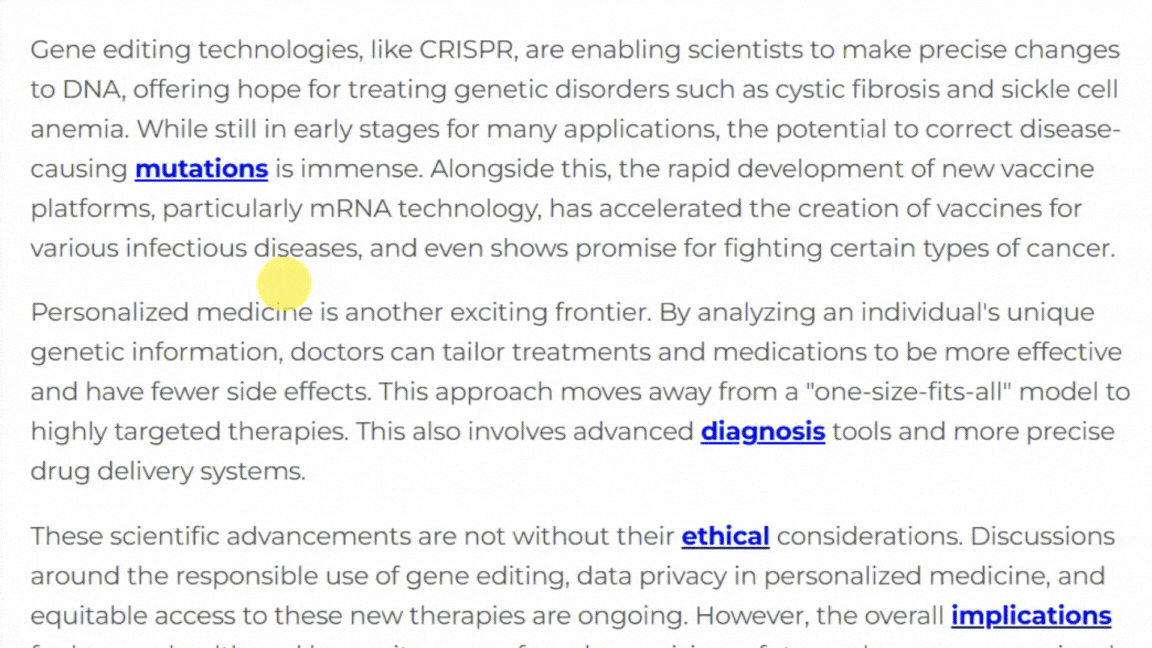Amber Talk
Enhance Your Conversation
Amber Talk
Enhance Your Conversation

Rise of AI Regulation
Breaking News
Listen
Scroll Down For Speaking Practice. Click ‘Practice Speaking Now’ to start.
Read
The rapid development of Artificial Intelligence (AI) is transforming industries and daily life globally. As AI becomes more powerful, countries worldwide are grappling with how to create effective regulation. The goal is to balance fostering innovation with addressing potential risks and ensuring ethical use.
Governments are concerned about several key areas. One major focus is the ethics of AI, particularly regarding fairness, transparency, and accountability. There are also growing worries about the potential for AI misuse, such as in surveillance or generating misinformation. Different regions are taking varied approaches; for instance, the European Union is developing strict AI laws, while the United States is exploring a more flexible, sector-specific framework.
Beyond regulation, the broader impact of new technologies on society and jobs is a major discussion point. AI-powered automation is changing the nature of work, potentially displacing some jobs while creating new ones that require different skills. Issues of data privacy and cybersecurity are also paramount, as more of our lives move online and rely on interconnected systems.
The challenge for global governance is immense. International cooperation is seen as vital to create common standards and prevent a fragmented regulatory landscape that could hinder technological progress or create loopholes for harmful uses. The decisions made in the coming years will shape how AI and other emerging technologies are developed and used, influencing economies, societies, and individual lives for decades to come.
Let's Talk About It!
- 1. How has technology changed your daily life in the last five years?
- 2. What are some benefits of Artificial Intelligence (AI) in society?
- 3. What are your main concerns about the rapid development of AI?
- 4. Do you think AI will create more jobs or take more jobs away in the future?
- 5. How important is it for governments to control new technologies like AI?
- 6. What ethical questions do you think AI development raises?
- 7. How can we ensure that AI is used for good and not for harmful purposes?
- 8. Do you think people are generally aware of how their data is used by technology companies?
- 9. What are some ways to prevent the spread of misinformation online?
- 10. How do you imagine technology will change the world in the next 20 years?
Article Vocabulary Instructions
Click to Enlarge
